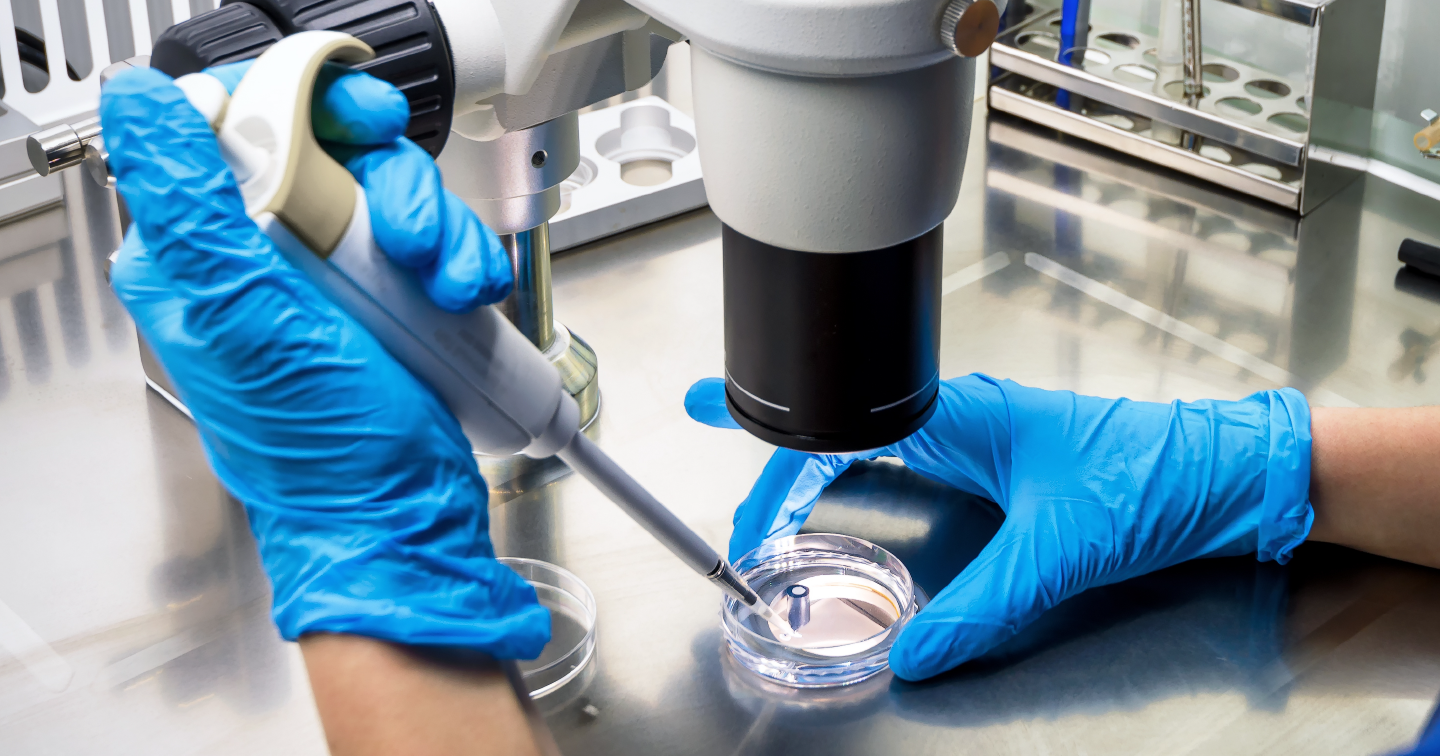How the Covid-19 epidemic is changing the world’s drug production

In early 2020, a few months before the official announcement of the pandemic, leading pharmaceutical companies began working on the development of vaccines against Covid-19. In mid-March, when the world first learned of the pandemic and began to close for quarantine, the American Moderna, for example, launched the first clinical trials of its drug.
How did it work?
The first reports of a new dangerous disease were received by the WHO in late 2019. In January, Chinese researchers passed data on the genetic code of the virus to American scientists. Moderna and Pfizer, with their German partners BioNTech, were among the first to take the job – and completed almost simultaneously, at the end of the year.
Overall, the response to the coronavirus has been staggering: in the first 5 months of 2020, more than 120 potential vaccines against SARS-CoV-2 have been announced.
The first barriers
In the United States, it takes an average of 12 years from the filing of an application to the approval of a new drug by a specialized body, namely the Food and Drug Administration. The cost of launching one drug on the market reaches $1 billion. To speed up and optimize the process, scientists from top pharmaceutical companies have been meeting for years for annual profile meetings.
However, in both the United States and other regions, the question of the complexity, duration, and cost of bringing new drugs to market, including vaccines, remains open.
Covid-19 vaccines have been developed in record time thanks to unprecedented investment and global collaboration, UNICEF explained last year's "miracle." As of May 4, 2021, more than 200 candidate vaccines are being developed worldwide: 96 at the clinical stage and 184 at the preclinical stage.
New trends
The Covid-19 pandemic has catalyzed the introduction of technologies to improve efficiency and reduce the cost of clinical trials. Adaptive design — a more flexible approach to testing — has been one of the key trends in the fight against the virus.
Thus, the traditional approach to drug research is quite rigid, and adaptive allows scientists to slightly modify the process. Regeneron Pharmaceuticals and Sanofi investigated the effectiveness of treating patients with Covid-19 antibodies using adaptive design.
Another trend in coronavirus research is the use of open research forums to expedite scientific findings. For example, Mendel.ai, which specializes in the use of artificial intelligence in clinical trials, is developing a search engine with Covid-19, which will allow researchers to obtain more data for their research.
Even more IT in the service of medicine
After registering for a medical study, the patient usually receives an experimental drug or placebo, and goes home, committing to take it, say, for a month. The study participant is asked to keep a diary, noting the time of taking the drug, taking other drugs, side effects, and so on. All this is quite unreliable because no one can check whether the patient really followed the instructions.
Based on visual data collection, the AiCure startup determines whether the patient is really following the conditions set by the doctors. In particular, the study participant recorded a video on the phone, and AiCure confirmed that he really took the right pill.
With the help of portable medical devices, Biofourmis monitors patients’ vital signs on its own AI platform and provides forecasts for their health. In collaboration with the University of Hong Kong, the startup studied body temperature, heart rate, and oxygen levels in patients infected with Covid-19. The aim of the study was to detect minor changes in health to help in the study of the virus.
Change of mood
Before the Covid-19 epidemic, people knew little about the process of drug development and approval. Due to the increased media attention and greater transparency regarding real pharmaceutical procedures, the attitude to the industry has changed somewhat.
The situation in the United States is indicative. In a Gallup poll on the level of public support in August 2019, the pharmaceutical industry ranked last, 25th among other sectors of the economy. Even the federal government scored the best. In September 2020, sociologists published a new survey, which showed that pharmacists have improved their position in the eyes of the public by 7 points.
It can be assumed that the change was due to the successful introduction of Covid-19 vaccines.
What’s next
In the pharmaceutical industry, according to the Avenga analytical platform, the following key trends are observed:
- rising health care spending: by the end of 2021, medical spending is projected to exceed $1.4 trillion;
- popularization of “alternative” treatments: various applications, portable trackers, sensors, etc.;
- more active use of “real-world-evidence”: evidence and observations obtained outside of controlled trials, in particular during normal clinical practice;
- application of NLP (natural language processing) technology for pharmaceutical purposes: over the last three years it has developed greatly, technology is everywhere (in smart assistants, special search results, and accurate online translations), and pharma is no exception;
- the growing popularity of telemedicine: healthcare professionals and pharmaceutical companies are introducing new methods of telemedicine to increase sales and meet the needs of patients;
- deep learning for report analysis: technology automates routine procedures and provides comprehensive information about the tested drug;
- high-tech R&D solutions: many companies will invest in technologies to increase team efficiency.